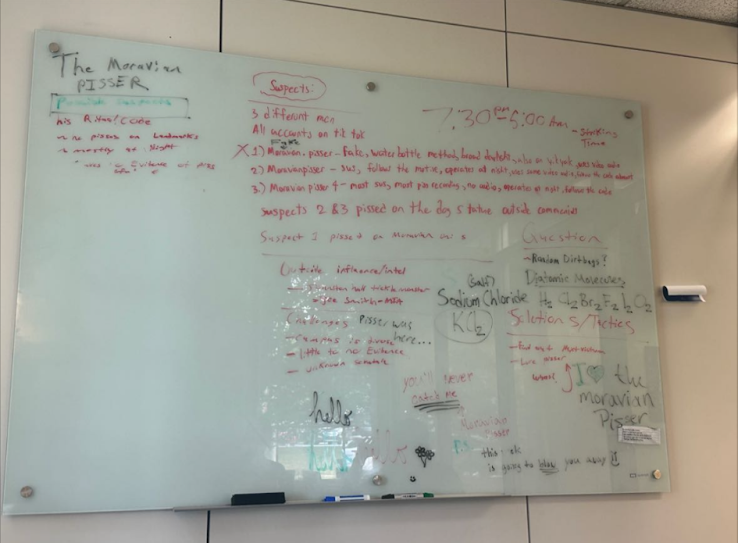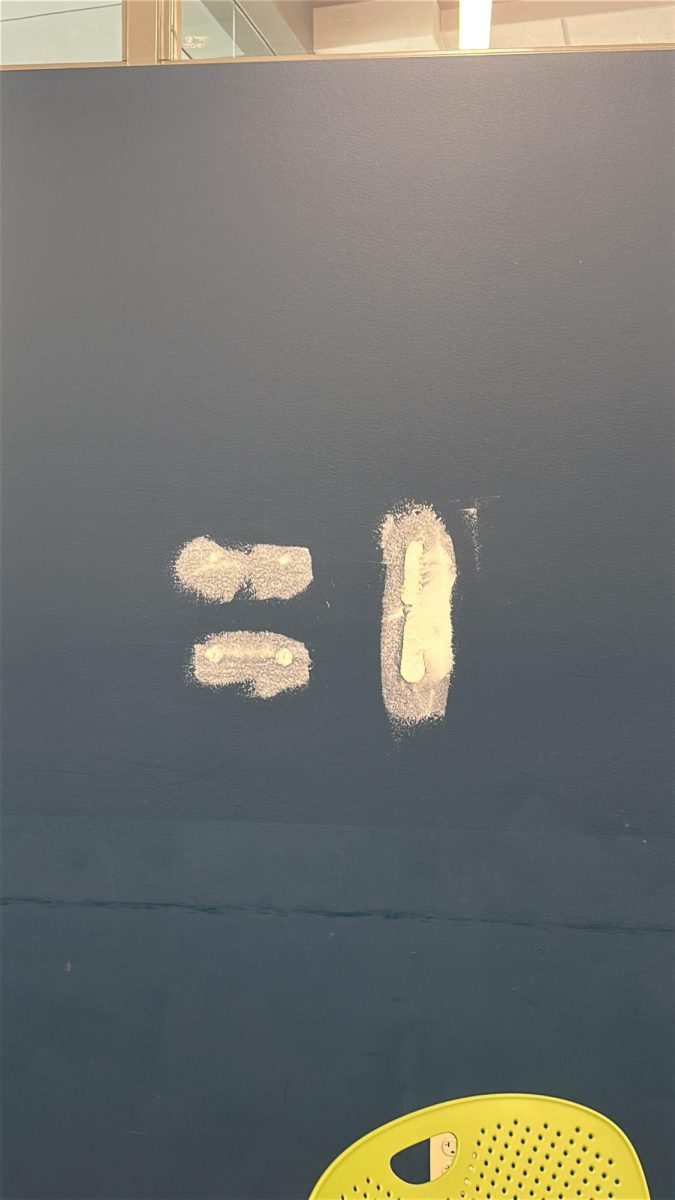We are at war — the U.S. Congress has not officially declared war on any foreign adversarial nation as of June 27, 2025. However, many argue that it is fair to say that internal stakeholders associated with higher education are in direct conflict with the federal government, particularly the Trump administration.
Though the declaration of this unconventional war is seemingly rhetorical in and of itself, it is still immature, as it effectively portrays higher education within the United States in a negative light. Moravian stakeholders are working to understand and dissect the nuances that are unfolding behind the scenes, particularly in relation to federal oversight of collegiate DEI programs.
The Trump administration has made efforts to downsize and dismantle the U.S. Department of Education (DOE) and reverse existing federal statutory laws with executive orders. Even though the reversal of federal laws through executive orders opens a separation of powers and supremacy clause dispute, that is not stopping the president from adhering to his new de facto norms and principles.
The current presidential administration has committed efforts to erode or diminish the functionalities of higher education. In many respects, several of the efforts are up to judicial review for checks and balances concerns.
“We do not wish to comply with executive orders that are not law — we [Moravian University] do not want to give the federal government a reason to target us,” Dr. Chris Hunt, Vice President and Dean for Inclusive Excellence at Moravian University.
Under Hunt’s leadership, Moravian has shifted the name of a scholarship program to an administrative department led by him and his colleagues here (the name of the Office of Diversity, Equity, and Inclusion was reintroduced as the Center for Inclusive Excellence; the renaming of the Black and Latino Male College Readiness Program also occured during his tenure).
“I decided to change the name of the Black and Latino male program, because the [Trump] administration tried to change the interpretation of a Supreme Court order regarding Affirmative Action,” Hunt said. “So they started to undermine [racial-conscious] programs and services.”
It is clear that Hunt believes that, regardless of how the DOE or the White House paints DEI initiatives, there will always be a form of respect and trust emanating from Colonial Hall, along with the entirety of campus.
The Trump administration has frozen billions of federal dollars in higher education research and contracts, categorical and block grant funds appropriated by the U.S. Congress, despite colleges having to rely on the federal government for science and technological research funding for decades.
The administration has frozen federally-appropriated funds to dozens of universities and because of allegations of antisemitism and failure to comply with the administration’s anti-DEI policies.
Does this undermine public education? “I think it depends on who you ask,” Hunt said. “One person who believes in higher education more than you would say yes. If you doubt the value of higher education, if you think DEI is anti-white and anti-straight, then you don’t think it’s out of line. The moves that he makes, the legal system has to adjudicate — his team would say that it is legal. Yes, I do believe that it is ‘out of line.’”
He continued, “There is certainly misinformation that is spread about the concepts and principles of DEI, and how might that be differently approved, like folks who do my work need to do a better job and expand it to be inclusive.”
President Trump and former Senior Advisor to the President of the United States, Elon Musk, have touched the senses of many young men. They both have the privilege of owning a social media application that has galvanized the support of young men, they are both influential political leaders, and they are both accepted as “truth-tellers” by their political tent. Both Trump and Musk have targeted DEI program initiatives, claiming they are inherently “fraudulent” and criminal.
“DEI is not waste, fraud, and abuse, and whatever the President is saying, that is not that,” Hunt said. “He has been incredibly effective using the culture war for political success. There is none, there is no parallel — he is one of a kind. So, why has he been using these tactics? Because they have been incredibly successful.”
Even though the United States Congress has not formally declared war on any of America’s adversaries, many academics would think that it is merely fair to say that anyone slightly associated with higher education is at direct odds with the federal government. In many respects, we are in a culture war, and the only way for the people to win is to pragmatically elect political leaders who deserve to be the representation of a country of this large political and social magnitude.









Kermit • Sep 13, 2025 at 3:40 pm
Loved this 🙂
Kermit • Sep 13, 2025 at 3:19 pm
Loved reading this